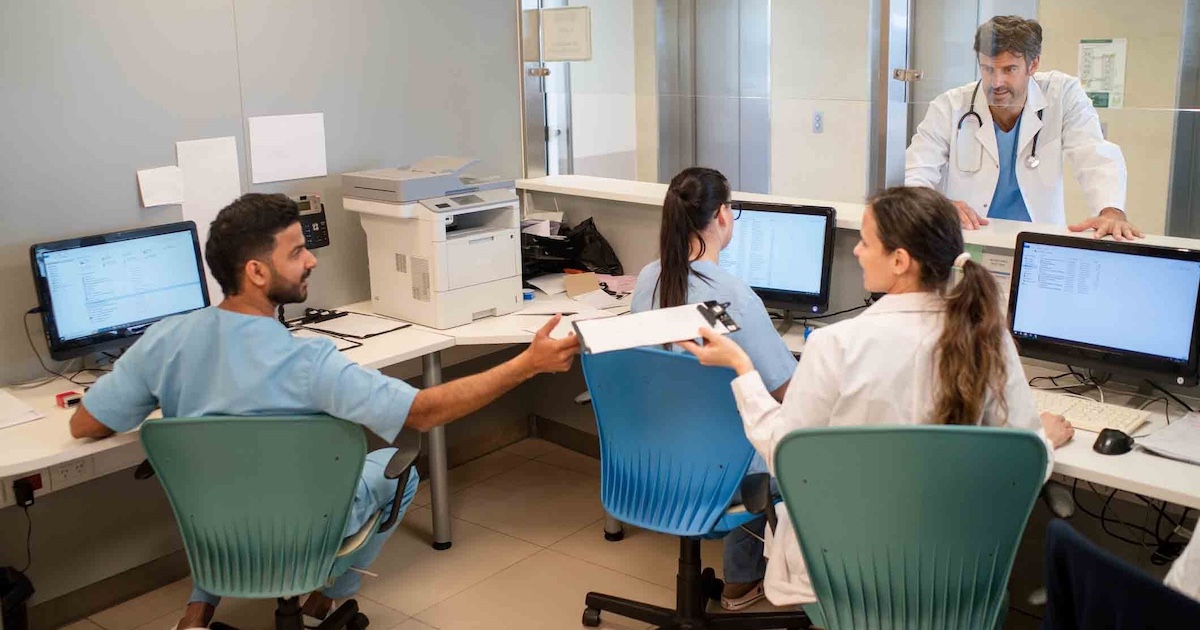An app developed by university students in Dubai makes sure that doctors are in the loop in helping users control their cholesterol.
The MyChol app, launched at the University of Wollongong Dubai in the United Arab Emirates (a satellite campus of Australia's university), was developed with the help of local clinicians and very specifically brings the doctor into the daily conversation.
[See also: Users love health apps, docs hesitant]
"The doctor is a very important user of the app," said Hassan Saad Ali, one of the developers, in a recent story in The National. Added another student, Emad Al Nagha: "We asked the doctor which features she would like to see on the app, so it is as useful for them as it is for the patient."
Digital health enthusiasts looking for that elusive patient engagement tool take note: When an app is developed that targets not just the user but the user's connections with a provider, it's more likely to be embraced by both.
The MyChol app, currently designed for Android platforms, enables users to track their daily diet and steps taken and adds unique features, including calculators personalized to the user's health concerns (such as diabetes or obesity). The app includes medication and test reminders, and its developers want to add a food database.
[See also: So many diabetes apps but so few users]
The students worked with a clinician at a local hospital in developing the app.
“The key we’ve found is the need to keep that connection between the doctor and the patient between visits so when the patient returns, the doctor has (an) idea what’s been happening," the students' instructor, Zeenath Khan, told The National. "With this, they’ll hopefully have a better tracking system."
"This is not a stand-alone app, but something which must be used with the doctor," Khan continued. "It can’t substitute the doctor.”
[See also: Consumer engagement should work both ways]


